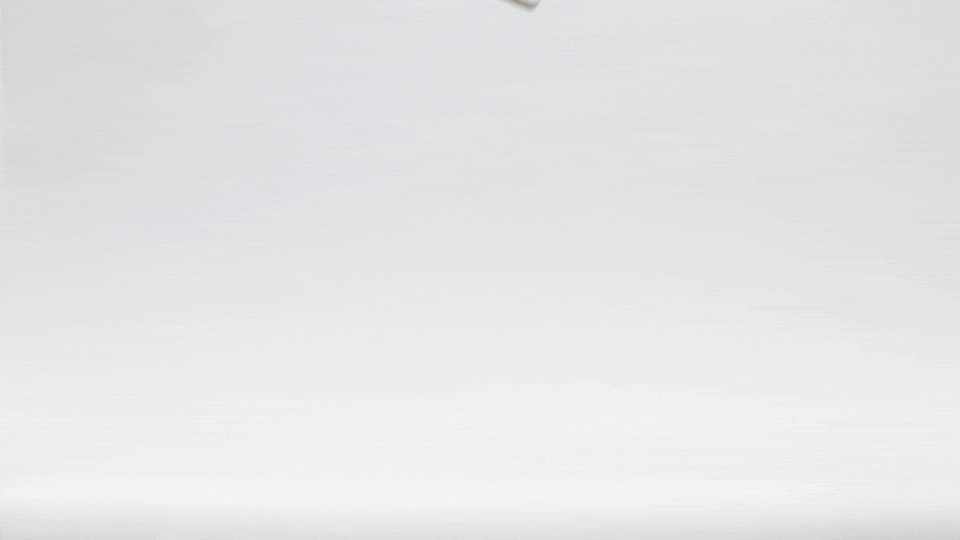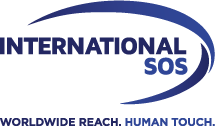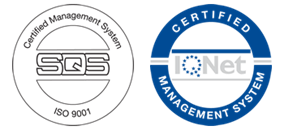Evacuation of doctors exposed to Ebola in Sierra Leone
International SOS supports organisations working in Ebola-affected countries. After two doctors were exposed to the virus while working for an NGO, we evacuated them to the Netherlands where they could access potentially life-saving medical support.
- Services: Medical repatriation by Challenger 600 air ambulance to transport patients 7,000 km from Sierra Leone to the Netherlands.
- Considerations: Includes remote medical assessment, screening and fitness for transport, permissions of all relevant authorities and arrangement of appropriate receiving care.
- Impact: The patients were able to appropriate specialised medical care.
CHALLENGES
Often at personal risk, staff working for NGOs provide critical health care to people in great need. In Sierra Leone, Guinea and Liberia, the Ebola epidemic hasweakened an already fragile medical infrastructure making care difficult to access. Sometimes health care providers can get seriously ill themselves and require emergency medical assistance. Due to challenges posed by Ebola, in some cases repatriation is delayed or not possible but International SOS can help.
SOLUTIONS
Our public health experts compile the latest, most accurate information on the outbreak and make it publicly available on a dedicated Ebola website and an app. We have also developed educational materials on Ebola prevention translated into more than 25 languages, including six dialects used in West Africa.On the ground, we provide a wide range of advice, education, training and consulting to companies with operations in the affected and surrounding countries.
International SOS is highly experienced in evacuating patients with infectious disease, having safely and successfully transported patients with infectious diseases such as meningitis, tuberculosis, SARS and Lassa fever. In the current Ebola outbreak, we have assisted hundreds of people, not exposed to the disease, depart West Africa in safety. We have also successfully evacuated health workers exposed to the virus. The case: two doctors exposed to Ebola in remote Sierra Leone In one such instance, on Sunday 14 September, International SOS was called to repatriate two doctors from Sierra Leone to Amsterdam. The physicians were working in Yele, a remote village in a central part of the country. They provided acute medical services to the Lion Heart Foundation, a Dutch medical charity with a focus on child and maternal health. (Sierra Leone has one of the highest rates of maternal mortality in the world.)
During the fifth-month of their posting, the doctors came into direct contact with three patients thought to have Ebola. Dr Nick Zwinkels, one of the physicians involved said: “After we were exposed [to the virus], initially we didn’t think that we would need to be evacuated. We called the RIVM (Dutch Ministry of Foreign Affairs and Health) for advice. They indicated that it was important to be repatriated to Holland before we developed any symptoms of the disease. International SOS would be our best option.”
Ebola exposure poses unique complexities for evacuation
- The need for mobile isolation facilities
- Limited availability of charter and commercial flights as well as difficulties planning flight routes
- Rigorous border crossing requirements and public health authority permissions
- Screening procedures and quarantines
- Identifying appropriate receiving care facilities
- High level of media attention
Throughout the evacuation, Dr Steven Lunt and Marlize Kuhn, a nurse, from our medical team in Johannesburg were on-hand. They monitored the patients’ health and were there to provide treatment if it was needed. Quarantine, border crossings and two flights legs, the 7000 km journey back. Near the airport, the doctors were temporarily held in quarantine at a UNICEF facility as International SOS worked with the Dutch and Sierra Leone governments and public health officials to ensure a smooth border crossing. The planned flight routes confirmed we had permission to make an emergency landing should the need arise. Also, a backup plan was in place to take the doctors to an Ebola treatment facility should they become unfit for transfer. The doctors were repatriated by a long-range Challenger 600 air ambulance. After a short refuelling stop in Morocco, they travelled nearly 7,000 km to Schiphol airport in Amsterdam arriving 17:15 local time that day. There was significant media focus on the event and we advised on appropriate and sensitive public health messages so as not to cause undue community concerns.
IMPACT
The physicians arrived at Leiden University Medical Centre by the RIVM for definitive evaluation and treatment. They did not develop any symptoms of the disease and, after a quarantine period, were discharged in good health. In this case, we were able to put our extensive resource capability in motion so that the doctors could be evacuated and have access to specialised care.There remains so much to be done in order to contain Ebola. Front-line health workers in affected West Africa are essential and hence their need to be strongly supported in the high risk work that they undertake. We hope that with more international intervention, continued education, training, and on-the-ground support the tide will be turned.











